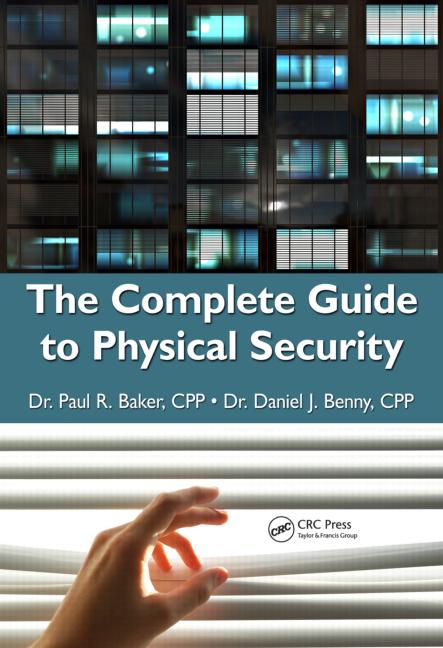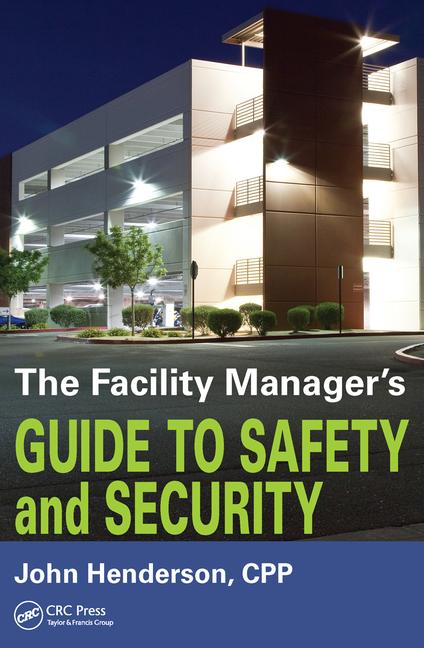Today’s big issue facing security integrators, and their pending level of success within the industrial marketplace, involves understanding the impact of the convergence between physical security and electronic security via utilization of the shared company network.
Industrial security concerns are compounded by issues that rarely raise an eyebrow in the commercial or residential sector. There are government regulations to mind. Industry-specific safety regulations complicate the issue of security integration to a point which may make the most capable of security integration specialists contemplate the meaning of life!
What we have found is that the composite makeup of our technical staff is changing rapidly with respect to qualifications, certifications and compound knowledge. This is a necessity, as our expertise in physical security design and integration now requires the complement of expert comprehension for IT-based concerns. The issue beyond converging legacy security implementations and staffs with the corporate IT world is an already serious challenge. Further complications include staff awareness, training and certifications with respect to very serious regulations within industrial sites. Abiding by these heightened industrial safety measures often requires limiting who can actually perform work on-site. Critical consequences to the population inside each facility, and in many instances, surrounding geographical areas, are the realities should mistakes or accidents occur.
Let’s take inventory of the personnel required to provide the overall security infrastructure at any given national industrial facility.
First on the list are qualified project managers who are able to conduct vulnerability assessments, corresponding design and scope of work required.
Integration of the project, including the installation of physical access points, cameras, recording devices, all wiring and peripherals associated will require highly skilled technicians with a broad product knowledge range.
Understanding of network protocols, the impact on shared IT resources and interplay/training between the security team and the IT staff may make hiring MCSE or similarly qualified personnel a must.
System commissioning and training also is an area which generally requires very capable technicians who have the ability to conduct training and teach system operation and troubleshooting.
Let’s not forget the reality that many sites require personnel background checks and limit those who enter the site based on past performance, instances of violations and general scrutiny.
These benchmarks far exceed what the average commercial site may attempt with respect to examining and approving members of your staff.
Achieving success within the world of industrial security integration requires broad vision and a diverse and competent staff with an extensive knowledge base. The mandates by many industrial companies intent on securing facilities in the face of the events of September 11 are in place to avoid potentially serious threats to the well-being of the employees at each site, as well as much of the surrounding population.
If you are serious about security integration in these potentially volatile environments, you would be well advised to understand overall expectations as they continue to expand. Convergence of physical security, electronic security and IT-based security integration over the shared network, coupled with the discipline of understanding what is expected of the stringent regulations for stepping onto a typical industrial site are all paramount in ultimately succeeding beyond the initial award of the purchase order. In short, you really need to understand all the variable languages being spoken.
Under-estimating these prerequisite qualifications may not prevent a major industrial job from being awarded, but ultimately the associated profits may become lost in the translation.






